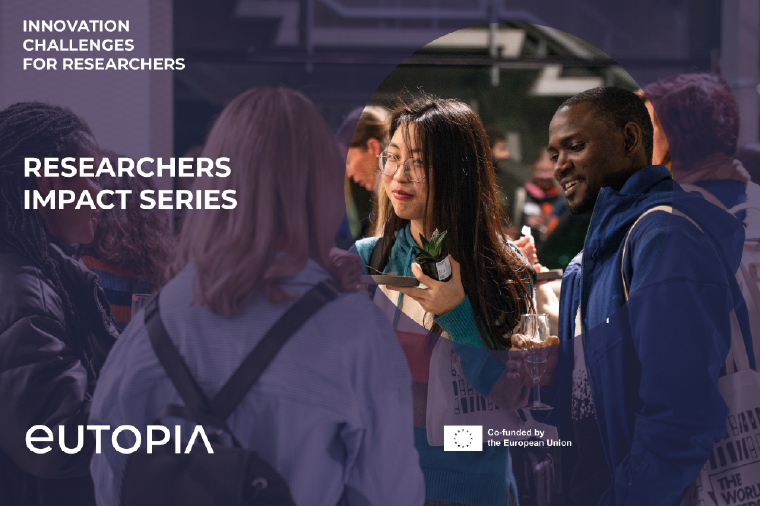International transdisciplinary / interdisciplinary congress from 7 to 9 June 2023
In 2019, the Football World Cup revealed to the general public a sport officially practised by women since 1917: football.
Sweeping aside prejudices and sexist remarks, the women's teams were supported, respected, and they brilliantly defended the equality between women and men registered in the 1948 Universal Declaration of Human Rights and in Rule 2 of the Olympic Charter.
Since this widespread media coverage, symposiums, studies, congresses, sporting and cultural events, in the world of research or in the field, and numerous initiatives have identified and forcefully denounced stereotypes, clichés, inequalities and discrimination in order to fight against humiliation and injustice in everyday life.
In this sense, a
European project EWinS, European Women in Sport, financed by the European programme Erasmus+ Sport, was born in 2020. While noting a certain immobility in the field, this project aims to gather and promote good practices intended to combat the fact that women's football is still a minor sport in general, and in Europe in particular.
There is no doubt that there has been an overall increase in women's participation in sport in Europe. However, some obstacles and imbalances remain. There is not always an adequate environment in which women athletes can develop their full potential. Imbalances still exist between women's and men's practices in terms of development of practices, numbers, status, resources allocated or visibility. Some European countries still lag far behind in terms of women's access to certain sports. This is particularly the case for sports with a masculine connotation such as football or other ball sports such as rugby.
Another objective of the project is to overcome the lack of pooled data on women's practices at the European level, and this starts even at the national level where data are not always available.
Beyond the appropriate environment, women's specificities are not always taken into account, in terms of, for example, performance management. This is the case for the menstrual cycle, which is still a taboo in some countries, as well as the management of pregnancy, both in terms of physical support and its economic and family consequences (maternity leave, childcare, etc.).
It is in this sense that the project addresses the issue of the feminisation of sports practices. It is not a question of locking women into a world apart. The use of the concept of feminisation here is in line with the recommendations of the European Union, where it is defined as: "The idea of a march towards equality, equality in rights, in numbers, but also the removal of legal obstacles and above all the social and economic evolution that favours the "catching up" of a historical delay". The EWinS project therefore aims to be part of this perspective.
Beyond the findings and the various studies on the representations and stereotypes linked to women's sports, the intention of our congress is:
- to share the results of the work of the EWinS project members in the run-up to the 2024 Olympic and Paralympic Games;
- on the other hand, to inventory, discover, imagine and disseminate all the practices, actions or new imaginaries and representations implemented in Europe and in the world that are likely to allow all women (sportswomen and para-sportswomen) to practice football or the sport of their choice, while benefiting, whatever their age or status, from adequate conditions for learning, training, salary, health, visibility and media coverage.
Our call is addressed to researchers as well as to actors in the field or those close to it.
In the course of our extensive survey, we were able to meet many players, coaches, club and federation leaders, sponsors and institutions. There were so many experiences and suggestions of good practices already implemented or to be implemented, new representations to be discovered, challenges to be taken up for and in favour of the development of football on three levels:
1. Business models and daily organisation
The global aspect of governance, which refers to the organisation of funding, infrastructures, the taking into account of disability issues, sustainable development and partnerships deployed around women's practices: what are the relevant actions implemented through these different aspects? In short, the aim here is to highlight good practices around a relevant and viable economic model.
2. Development and performance management of sportswomen
Both in grassroots and elite sport with regard to e.g. the menstrual cycle, managing motherhood, but also how performance can be combined with reconciling family life and sport to live life to the fullest and all the approaches that can help to improve their performance.
3. Forms of communication and promotion of football or other women's ball sports
Good practices at all levels of practice, in particular the way in which the visibility of sportswomen is organised by clubs, the place of digital technology or more generally the strategies and policies for the promotion of sportswomen, could be proposed here.
The aim of this conference is not only to take stock of research, good practices and new ideas, but also to look at future or current experiences.
To this end, all women's ball sports will be considered and the diversity will enrich the reflection.
By combining scientific discourse and action, this congress aims to both promote real equality between women and men and work towards a more inclusive, ecological and supportive society.
The congress is therefore open to all disciplines (sociology, psychology, history, literature, physiology, economics, management, etc.) and to all professionals or experts in football and other ball sports played by women.
Practical information:
A title and an abstract of approximately 100 words in French or English, together with a brief bio-bibliographical note (the bibliography is optional) should be sent before
15 January 2023 to the following address:
colloque-ewins2023@ileps.fr
The congress will take place entirely on site.
Download PDF for details on publications of the proceedings, organisation and scientific committees, and indicative bibliography.

